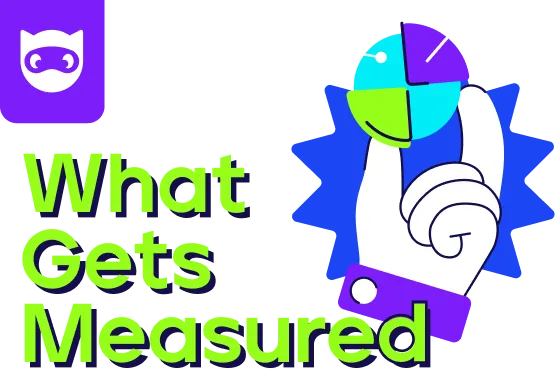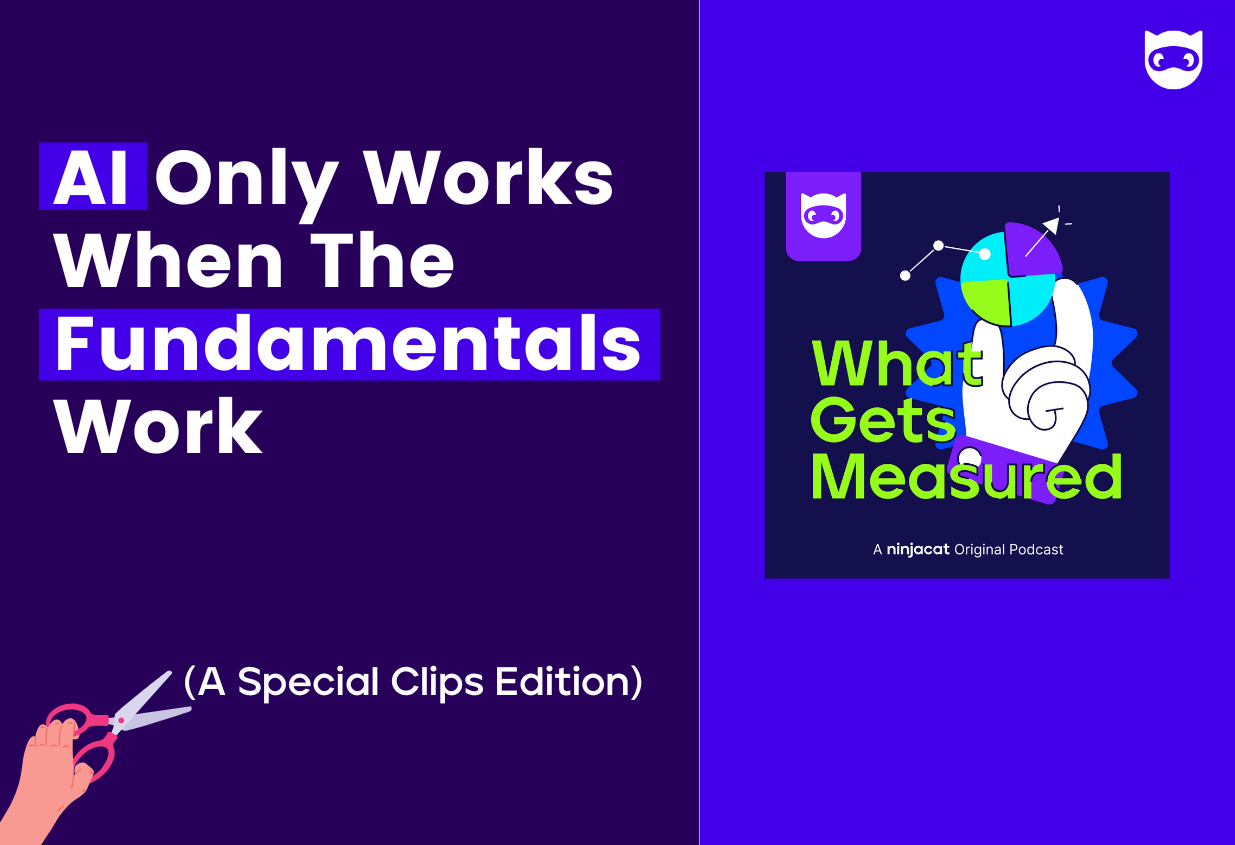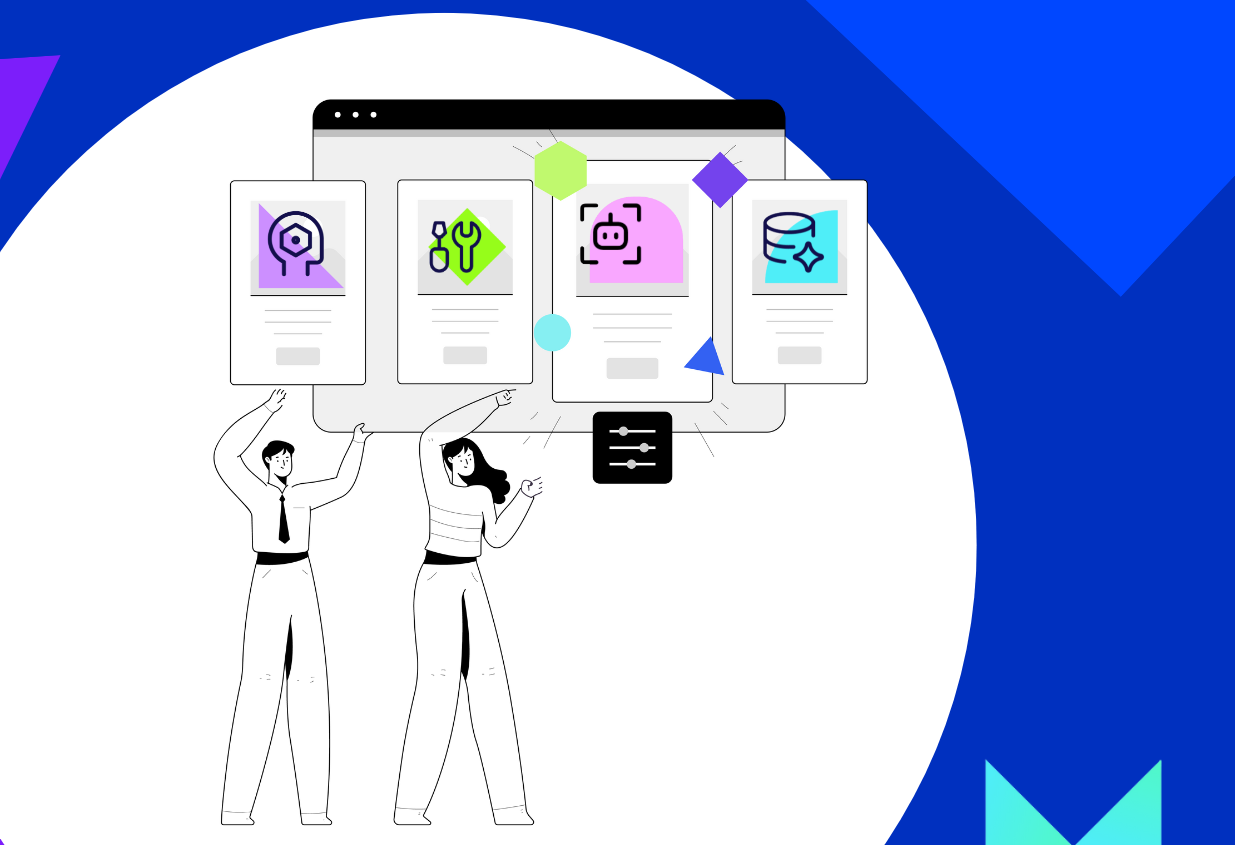Humanizing Marketing Strategies for Tomorrow

The Guest
Mark A. Preston is the SEO game changer that believes in monumental marketing impact with minimal investment. With well over two decade experience in marketing, Mark helps his clients unlock the full potential of their business through SEO and strategy, and he’s here today to talk all about it.
Revamping Marketing Strategies for People-Driven Approach
The interview begins with a discussion on the shortcomings of current marketing strategies and their focus on data rather than people. Mark underscores the importance of understanding the unique challenges and audiences of each business to connect with customers on an individual level.
“The problem with a lot of marketing is applying templates,” explains Mark. “The problem with templates is they never relate to every business; every business is unique, facing unique challenges, and requiring unique data sets and a unique ability to know what to do with the data. Teams are looking at the data too much and not piecing the objectives to the data and the data to the customers.”
Mark then talks about the value of direct conversation with customers and the potential insights that can be gained from these interactions. He also highlights the challenges of marketing in a familiar context, with frequent changes to marketing strategies often leading to a lack of brand recognition. Mark has seen many businesses prioritize making money over establishing a unique identity, indicating a need to re-evaluate marketing strategies based on audience impact, long term brand awareness, and short term goals.
The Future of SEO: Focusing on Strong Brands and Valuable Content
The podcast then pivots to the future and current state of SEO. Mark, who has been engaged in the field for over 20 years, expresses his excitement about the future of SEO.
“I’ve never been more excited for SEO,” says Mark. “The reason being I believe SEO, now and going forward, will be more focused on the brand. I think the industry will pivot focus to people building really good businesses and brands, and get away from “just doing things” to tick a Google box.”
Mark suggests that businesses should focus on creating content that is useful to their potential customers, with the aim of attracting and converting them.
“Historically, SEO has been viewed as a checklist,” says Mark. “Realistically you need to create the content that your potential customers need to know, in order to make an informed decision. This has nothing to do with platforms, and everything to do with people. That’s where we’re headed.”
Data's Role in Marketing and Decision-Making
When the conversation switched to discussing the relevance and challenges of data in marketing, Mark emphasized the importance of data in understanding business operations and identifying areas for improvement. He stressed that data should not be the sole focus, but rather a part of the decision-making process.
“There’s two aspects here,” begins Mark. “We do need data, but we need the right kind of data, without that you don’t know if things are working or not. Data allows us to tweak campaigns in the right direction, but it’s only part of the process. You have to combine what you know about customers, your people, your processes, and then bring the data in to help make decisions.”
Mark emphasizes the importance of a proof of concept as a means of testing and validating ideas before investing significant resources. He advocates for starting with a smaller, lower-cost concept and then scaling up based on the success of the initial test. Mark also highlights the need for tracking and data collection to substantiate the effectiveness of their approach.
Improving Communication for Business Success
The last part of the interview highlights the importance of communication in marketing teams and across departments in a business. Mark zeroes in on a significant disconnection and siloing as a barrier to effective communication, which can negatively impact decision-making and results. Mark believes there is a need for individuals to proactively engage with others using various communication tools, and for meetings to have objective setting for productivity and focus. He also emphasizes the necessity of prioritizing tasks that contribute to business goals, and the danger of individuals feeling overly responsible for tasks that don't contribute to these objectives.
To hear about Mark’s approach to client engagement, how communication is the secret weapon to fix siloed or broken strategies, why marketers should embrace the finite over the infinite, and if Mark prefers Ikea to a casino, listen to the full interview at the links provided on this page.
The Links
LISTEN TO THE FULL SHOW -> Stay tuned, stay curious and subscribe to What Gets Measured on Apple Podcasts, Spotify, YouTube or add it as a Favorite on your podcast player of choice.




.png)
